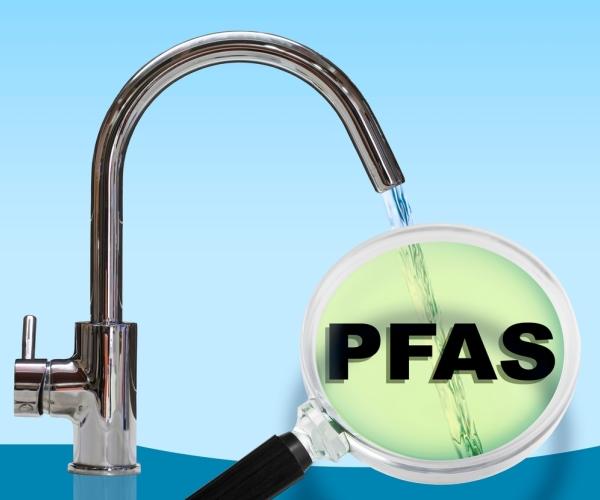We wanted to share some concerning findings from a recent study conducted by researchers at York University. They analyzed water samples from 32 rivers across the UK and discovered traces of trifluoroacetic acid (TFA) in 98% of the locations tested.
TFA is classified as a "forever chemical" because of its extremely slow breakdown rate in the environment, leading to its accumulation over time. Like other PFAS, the extent of the threat TFA poses to human health and the concentrations at which it becomes harmful are still under investigation. However, scientists in Germany, after examining TFA's effects on animals, are advocating for its classification as toxic for reproduction. TFA originates from the partial degradation of synthetic chemicals found in other "forever chemicals," such as those present in pesticides and refrigerants.
Professor Alistair Boxall from the University of York, who led the research, highlighted the widespread presence of TFA, stating that it's likely present in our drinking water daily, leading to long-term, low-level exposure, which is the primary concern. This study, funded by the environmental charity Fidra, included sampling in various rivers across Wales, Northern Ireland, Scotland, and the north of England. The highest concentration was detected in the River Kelvin in Glasgow. Notably, the River Ness was the only river sampled without any traces of TFA.

Recent EU studies have also indicated the widespread presence of TFA in wine, food, human blood, and breast milk. Authorities in Germany have been closely monitoring the increasing levels of TFA in drinking water, which have quadrupled in the last two decades, as they try to determine its potential impact on human health. The German Federal Environment Agency (UBA) has requested the European Chemicals Agency (ECHA) to classify TFA as toxic for reproduction and harmful to the environment, citing studies showing its negative effects on rabbit and rat fetuses. This could potentially lead to EU-wide recommendations for controlling products containing TFA.
Currently, the UK lacks specific regulations for identifying or reducing TFA concentrations in the environment or drinking water. However, the Drinking Water Inspectorate for England and Wales has recently commissioned its own research to assess the levels of TFA in drinking water and any associated risks. The Drinking Water Inspectorate stressed the importance of understanding the environmental impact of pesticides and other chemicals, and the need to protect drinking water sources.
RO filters are highly effective at removing a wide range of contaminants, ensuring the water you drink is of the highest quality. This can offer peace of mind regarding the safety of your water source. Investing in an RO water filtration system is the most effective, economical, and efficient solution for ensuring a continuous supply of refreshing great-tasting tap drinking water in your home or business. As independent water treatment specialists at Friendly Water, we are dedicated to recommending and installing the ideal system tailored to your specific requirements and budget.
Contact us today to receive a personalized quote.